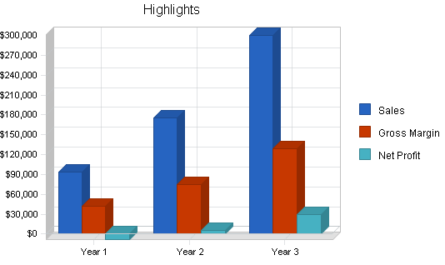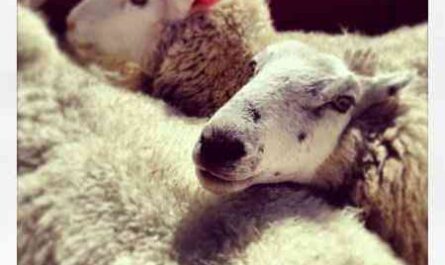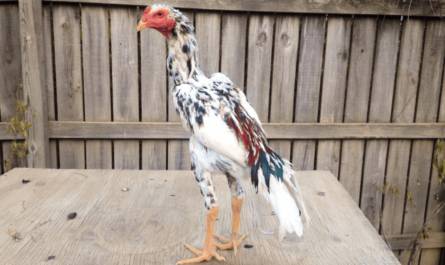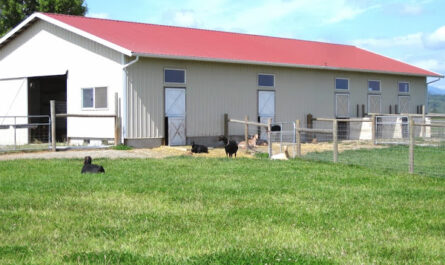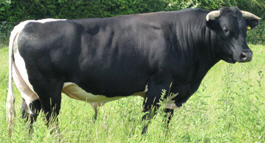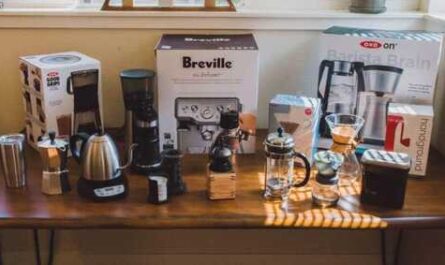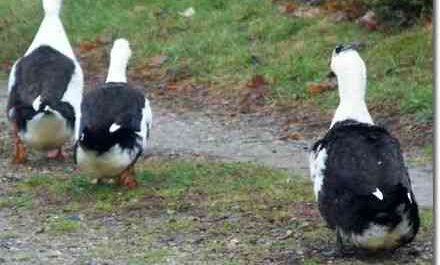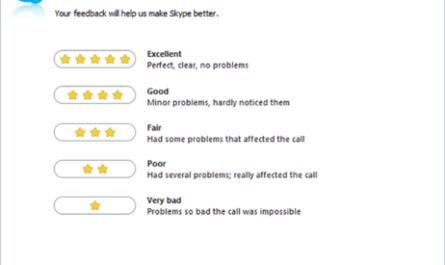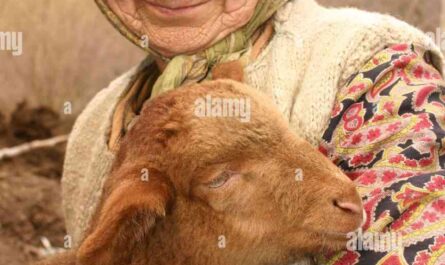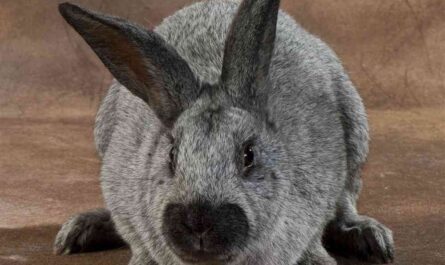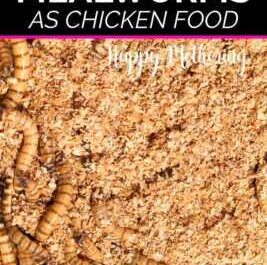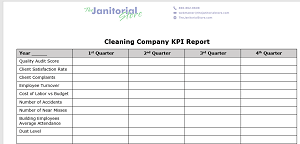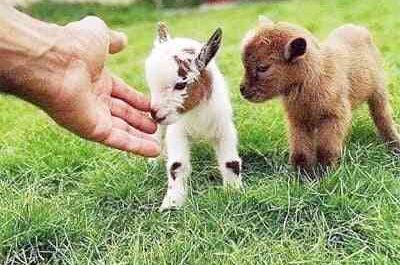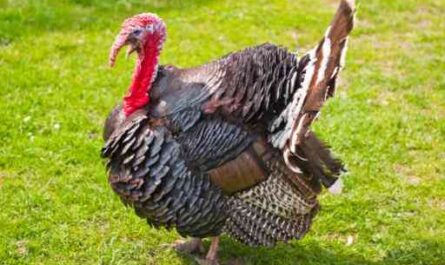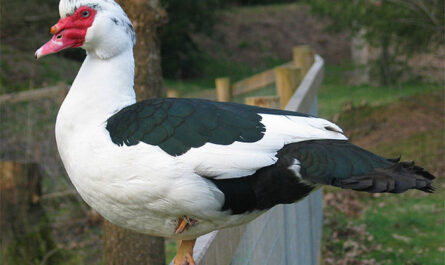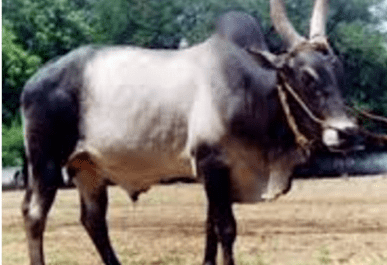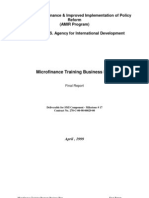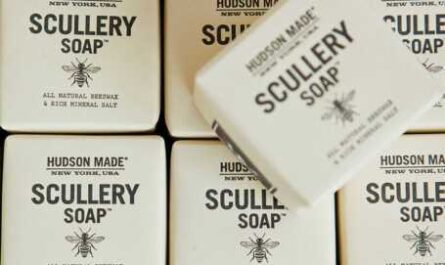Caring for quails is relatively easy and simple as these birds are very small and can easily be kept with other small birds. Quails are also very good as pets and make excellent company.
They are beautiful to look at and they also lay delicious eggs almost every day. Quails are small birds and require less space than other poultry.
You can even keep quail in your small gardens, which are not suitable for keeping chickens.
Quail Care
There are many reasons people keep quail. They are smaller birds that are interesting to watch and do not need to be kept in a large area.
But you need to know how to care for quail whether you are keeping quail for meat or for eggs.
Quail breeders recommend keeping these birds in large cages. Here we will tell you more about caring for quail.
Houses
First, you need to build a proper house for your birds. Quails are smaller birds and require much less space than other poultry.
Try to protect your birds from predators. Rats are actually a problem for quail and the first thing you should consider when considering keeping quail as pets is their safety when running and housing.
A proper ventilation system is also essential because quail manure produces much more ammonia than other birds.
Quails can be kept with or without running as long as they have grass or other green vegetables in their diet. If you have rabbit cages, you can use them to raise quail.
Rabbit cages are actually large enough to hold about half a dozen quails, and these cages provide good ventilation and provide the birds with a good hiding place to lay their eggs. But chicken coops are not suitable for keeping quail.
Special care for quail is necessary in winter and summer. Special care for quail is very important in winter and providing them with litter.
The use of pine shavings, sand, grass pellets, newspaper pellets, non-slip kitchen papers, timothy and fir wood shavings make good bedding for their habitat.
It is highly recommended to provide birds with hay/straw for nesting. This will encourage them to start laying eggs and they may even want to have chickens.
You can also buy a ready-made quail cage for your birds in the market.
Basic equipment
Quails need one more thing to be happy. Some important items/equipment they need are listed below.
Water reservoir: As quails are smaller birds, they need a small water tank. The container should not be too deep or too large for them to reach easily and not drown. Always make sure there is enough clean water in the container.
Feeder: Keep the feeder in quantity corresponding to the total number of quails. The birds must be able to easily reach the feeder as well as the water tank.
small plants: Growing or planting a few plants in a chicken coop will make your quail happy if your birds live on the ground or in the grass. Remember that quails are curious and like different types of plants in their habitat, just make sure the plants are not toxic to them.
Shelters: Your quail will love hiding places. You can buy a few large hamster houses and put them in a cage.
Sand bath: Dust baths are very important to quail and they tend to enjoy dust baths every day. Sand is also very effective at preventing pesky pests like dust mites. Keep the sand bath away from the water tank, because they make a mess when washing with dust.
Choose a breed
There are many breeds of quail in the world. Typically, Japanese, button, Chinese, and giant bobbyte quails can be found at breeders and hatcheries.
Choose the breed you want based on your needs and goals. The Japanese quail is the most popular and is considered the best breed for beginners.
Japanese quails are easy to care for, lay good eggs and are also ideal for meat production. Virginia quails are good for breeding and meat production.
Quail-button is very small. This breed is usually kept for meat or eggs due to its small size.
Button quails are very good for breeding and are also kept for their beauty.
Choose your race wisely based on your goals. You can buy it from one of the local breeders or the nearest pet store.
some products
Adequate nutritious feed is another important part of quail care. Feed your birds different foods depending on their age.
Feed your chicks protein-rich breadcrumbs. Drug-free turkey sourdough is ideal for them because it contains more protein than chicken breadcrumbs.
From 5-6 weeks, change their diet to a growing or fattening diet.
If you plan to keep quail for breeding, at 18 weeks of age, feed the bird 20-10 protein-enriched foods.
In addition to these nutritious foods, you should feed the birds grass and other leafy greens.
cleaning cage
Clean the quail cage every 1-2 weeks. Cleaning the cage will help prevent bacteria, mites and disease.
You should also dump all bedding from the cage side of the pipe down, rinse the feeders and water tank, replace the tub with fresh sand, and refill the feeder and water tank with fresh food and water.
Lighting
Provide the correct lighting period for your birds. Quails cannot have more than 15 hours of light per day, otherwise they will not be able to sleep.
Quails need plenty of sleep to remain healthy, active, and fun-loving birds.
Don’t leave the lights on, and at least don’t move the quail into a dark room so they can get a good night’s sleep.
Keep the environment calm
Try to stay calm. Keep noisy or dangerous animals out of the same room as quail. After all, a noisy pet in the room can disturb the quail and cause stress.
Collect eggs daily
To keep eggs fresh, they should be picked once a day, especially in hot weather. You can put the eggs in the fridge or in an egg carton and set them aside.
Storing eggs in the fridge will keep them fresh longer. On average, you will get about 5-6 eggs per week from one quail.
Check the health of your quail
Always try to check on your bird’s health. Keep an eye on your bird’s health. If your birds are acting a bit unusual or eating poorly, it may be because the quail is unwell.
You can call the vet or fix it yourself. You can solve some small problems yourself. If your birds are huddled in a corner of the cage, they are either sick or have a cold.
If the birds are cold, take them out of the cage and place them in a warm box or something similar. But if your birds get sick, you can take them to the vet.
Ticks are a serious problem for quail. You can treat your bird by dusting it, buying mite strength, or any other safe way to get rid of mites.
Sometimes your birds can get hurt too. It’s not a disease, but it can be serious.
You should remove injured birds as soon as possible and keep them separately in a separate aviary until they fully recover.
In addition, quails do not tolerate excessively hot temperatures. You can move your birds to a cooler room, provide shade, or remove a heat source.
taming
Taming an adult quail is difficult, but it can be easy if you handle your birds from a young age. Taming the chicks is not so difficult.
You can take them from time to time or play with them a little.
You should offer your birds food from your hands, visit them often, and be very gentle with them when taming your quail.
Circumcision
Quails are very good flyers and can fly very high when frightened. If a quail can run away, it is very difficult to catch it. You can clip a quail’s wings so that it cannot fly away.
special care
In addition to the above tips, pay attention to the following special care methods.
- Do not add quail of different ages to the flock. You should keep the youngsters or adults or both in a separate room.
- You can raise younger quails first, then older ones.
- Regularly clean the feeders and the water tank. A cleaning at least once a week would be good.
- Do not feed moldy food to your bird.
- Do not put the birds in the enclosures.
- Keep enough feeders and water containers in the cage or house. And make sure your birds always have food and clean water.
- Control of insects, wild birds and rodents.
- Quarantine any quail that return to your farm after a show or for any other reason.
- Practice reasonable biosecurity, such as immediately removing sick or dead quail from the pen. Do not allow visitors from other poultry farms. Also, do not share equipment with other poultry keepers.
These are common ways to care for quail. If you are planning to start a quail farming business, follow these steps very carefully. Try to have healthy birds, give them a good home, provide them with nutritious food, provide them with good bedding, and last but not least, always try to take good care of your birds. 🙂
video




